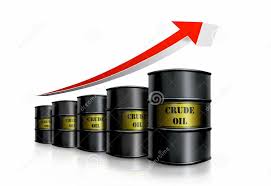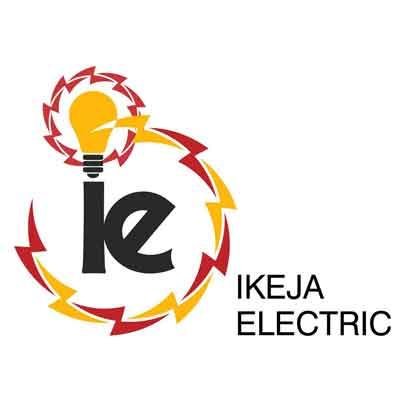Following US President’s pullout from Iran nuclear deal on Tuesday, crude oil price jumped to $77.80 to become the highest in years.
Otherwise, oil prices clocked up more multi-year highs on Thursday as traders adjusted to the prospects of renewed U.S. sanctions against major crude exporter Iran amid an already tightening market.
Consequently, current oil market situation is expected to impact positively on the nation’s 2018 budget. The nation’s N8.612 trillion 2018 budget, which the National Assembly had promised to pass next week was benchmarked on $45 per barrel of oil and the production of 2.3 million barrels per day. But the rise in oil price showed an excess of $32 per barrel against the $45 per barrel budget benchmark price, indicating strategic excess crude account (ECA) daily revenue of $73.6 million or N22.4 billion at the official exchange rate of N305 per dollar. Industry observers say for the fact that Nigeria’s local petroleum products prices are dependent on global shocks on oil prices due to nearly 100 per cent imports, landing costs is expected to jump which usually translates to hike in pump price in Nigeria.
The development means that Nigeria’s excess oil revenue now stands at about N22.4bn daily as price hits $77bn per barrel.
Though checks by Business Hilights across states and Lagos in particular show no sign of scarcity, analysts say the ripple effects of the crude price jump can be seen within days.
The United States plans to impose new sanctions against Iran, which produces around 4 percent of global oil supplies, after abandoning an agreement reached in late 2015 which limited Tehran’s nuclear ambitions in exchange for removing U.S.-Europe sanctions.
Oil prices rose sharply in response to the announced measures. Brent crude futures, the international benchmark for oil prices, hit their strongest since November 2014 above $77.80 per barrel at 0421 GMT on Thursday.
U.S. West Texas Intermediate (WTI) crude futures also marked a November-2014 high, at $71.75 a barrel at that time. In China, which is Iran’s single biggest buyer of oil, Shanghai crude futures posted their biggest intra-day rally since their launch in March, rising more than 4 percent to a dollar-denominated record of around $73.40 per barrel. Analysts had little hope that opposition to the U.S. action would prevent sanctions from going ahead. “Europe and China will not fight against the U.S. sanctions. They will grumble and accept it. There is no one who will realistically choose Iran over the U.S.,” said energy consultancy FGE.








